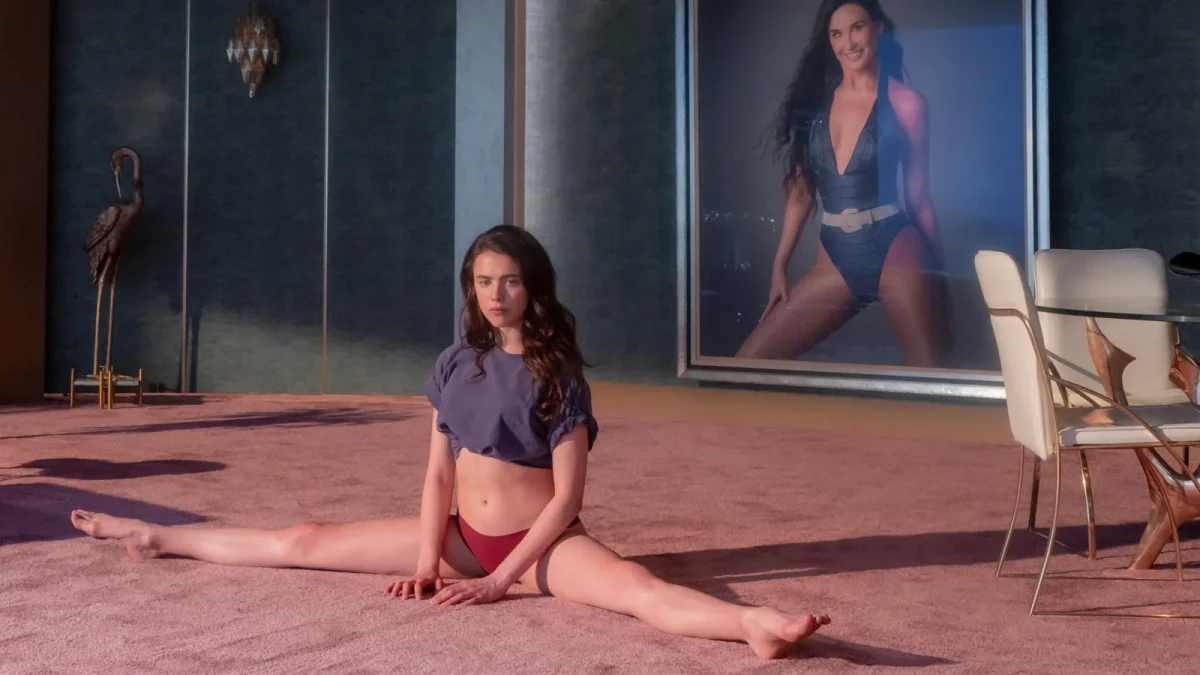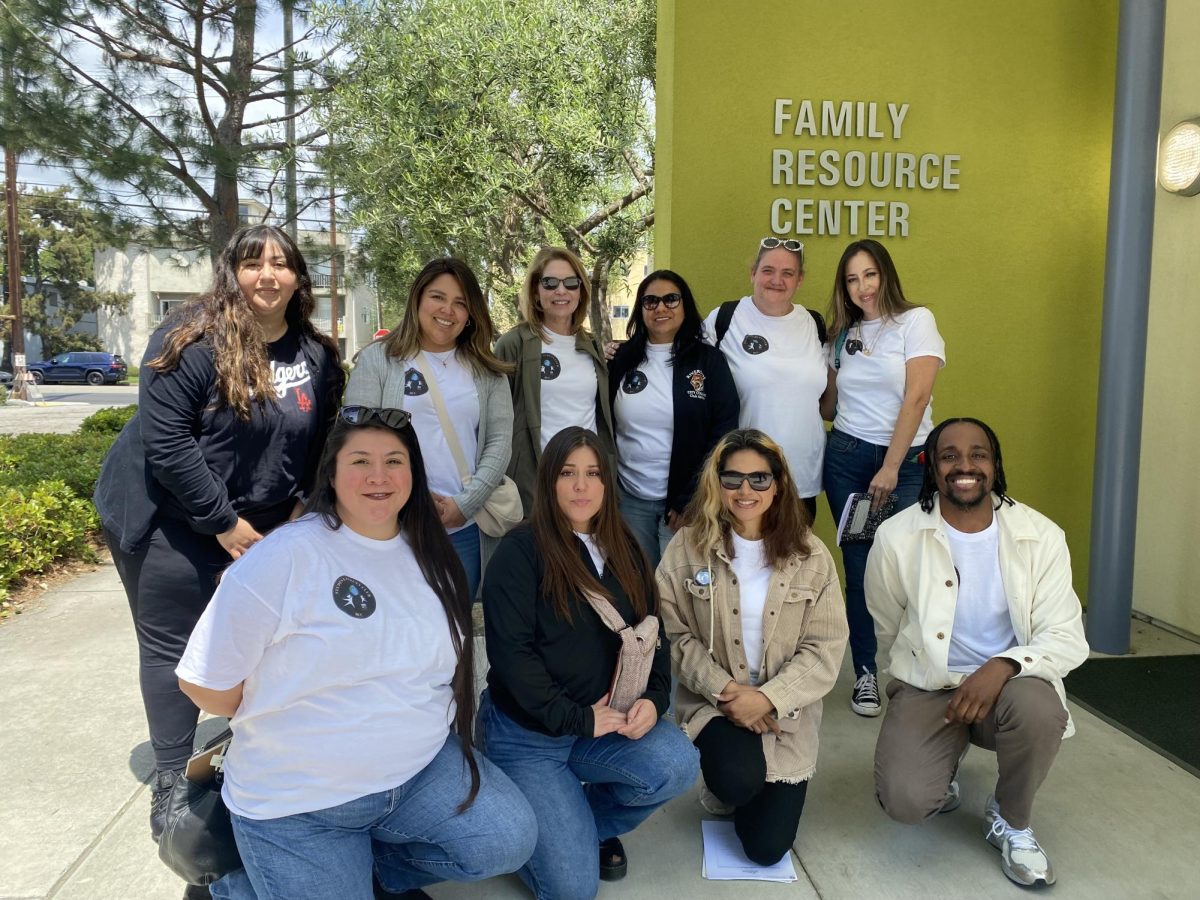
By: Jasmine Barrera-Camacho
“We will start embracing Black history 24/7, 365,” Vice President of Student Services FeRita Carter said as she introduced Dennis Delemar, director of the film “Black Wall Street: An American Nightmare.” “So this is just another extension of how we’re supporting that effort,” she added.
Film screening of “Black Wall Street: An American Nightmare” encouraged conversation and education on the struggles the Black community have faced on April 18 in the Bradshaw Hall of Fame building at Riverside City College.
Dennis Delemar, keynote speaker and director of the film, emphasized that a lot of the challenges the Black community faced in the past are still a big problem in the world we live in today. He explained how White supremacy is still one of the things being taught and experienced within communities, allowing mistreatment of many races to still exist.
Delemar’s film showed the many ways the Black community have been targeted and faced abuse in the world. It showed different periods in history where segregation was enforced, up until present day with the event of George Floyd’s death.
After George Floyd’s death on May 25, 2020, Delemar went back to change his previous script of the film.
“I literally went back in and changed the script,” Delemar said. “Because even though Black Wall Street is this time in history, often times when we think about it, it’s disconnected from now,” he said. “I started to research it, and I started to see the pieces of the puzzle in racism, and White supremacy, and self-hate, and all these different things mixed together… this is still relevant, this is what you saw on T.V.,” he added.
With many of the events and treatment the Black community is facing in America, Delemar thought of how individuals from the past would be affected and react to the present day, furthering the development and importance of his film.
“I thought about, with this movie, how would it be if somebody from the past came to see Black America?” Delemar said.
Delemar shared a Martin Luther King Jr. quote, “‘I feel like we’re integrating into a burning house.’” Delemar said. “You’re pushing to make change, then when you get to the top you see… this is a power structure of White supremacy.”
Many scenes in Delemar’s film showed symbols of how White supremacy is being covered up and going unnoticed in the world.
Statements made with the audience encouraged conversation as to why there is inequality when it comes to the idea of one race thinking another is inferior or superior than the other. This explains what history has taught others to think about race.
















